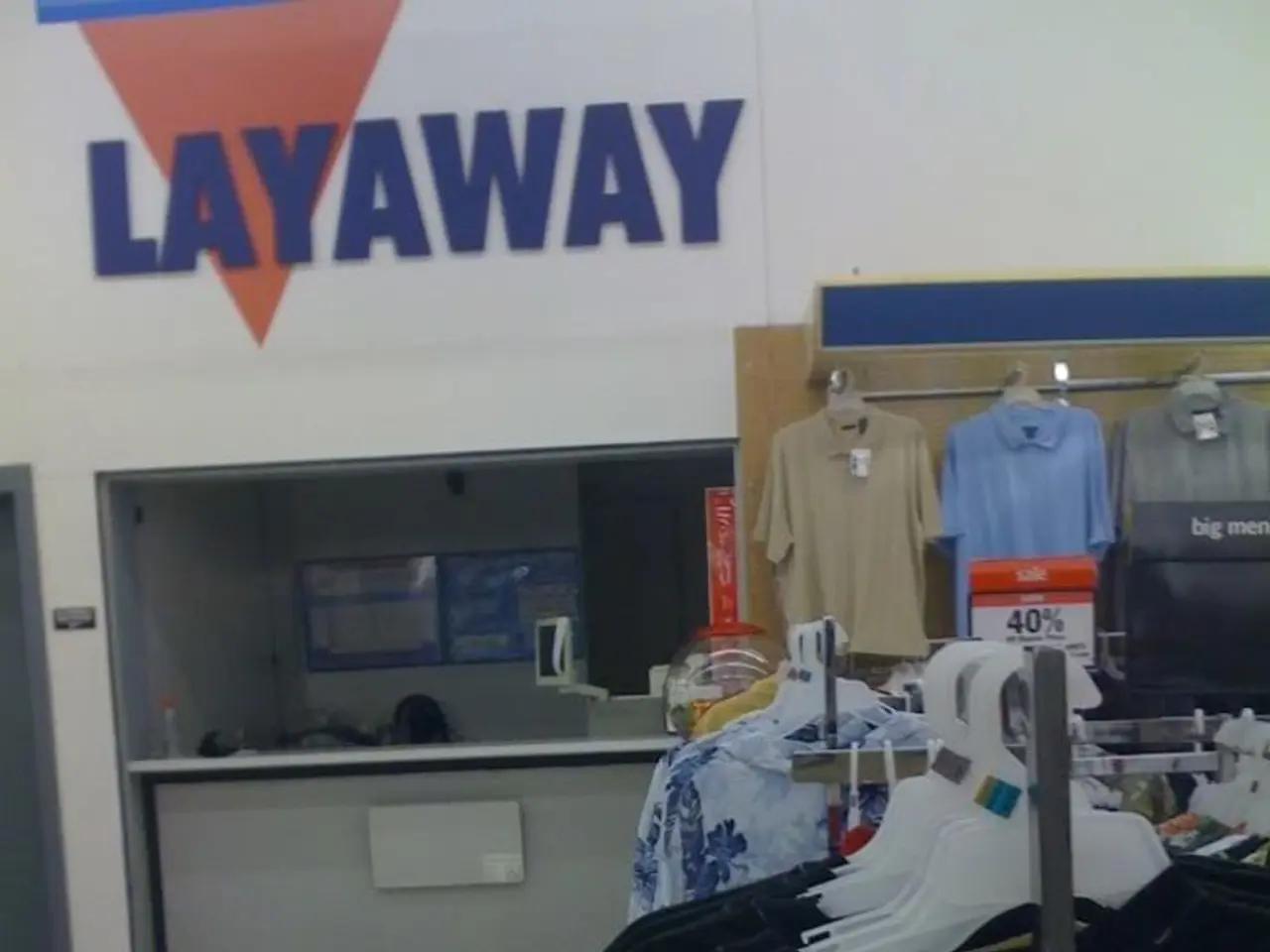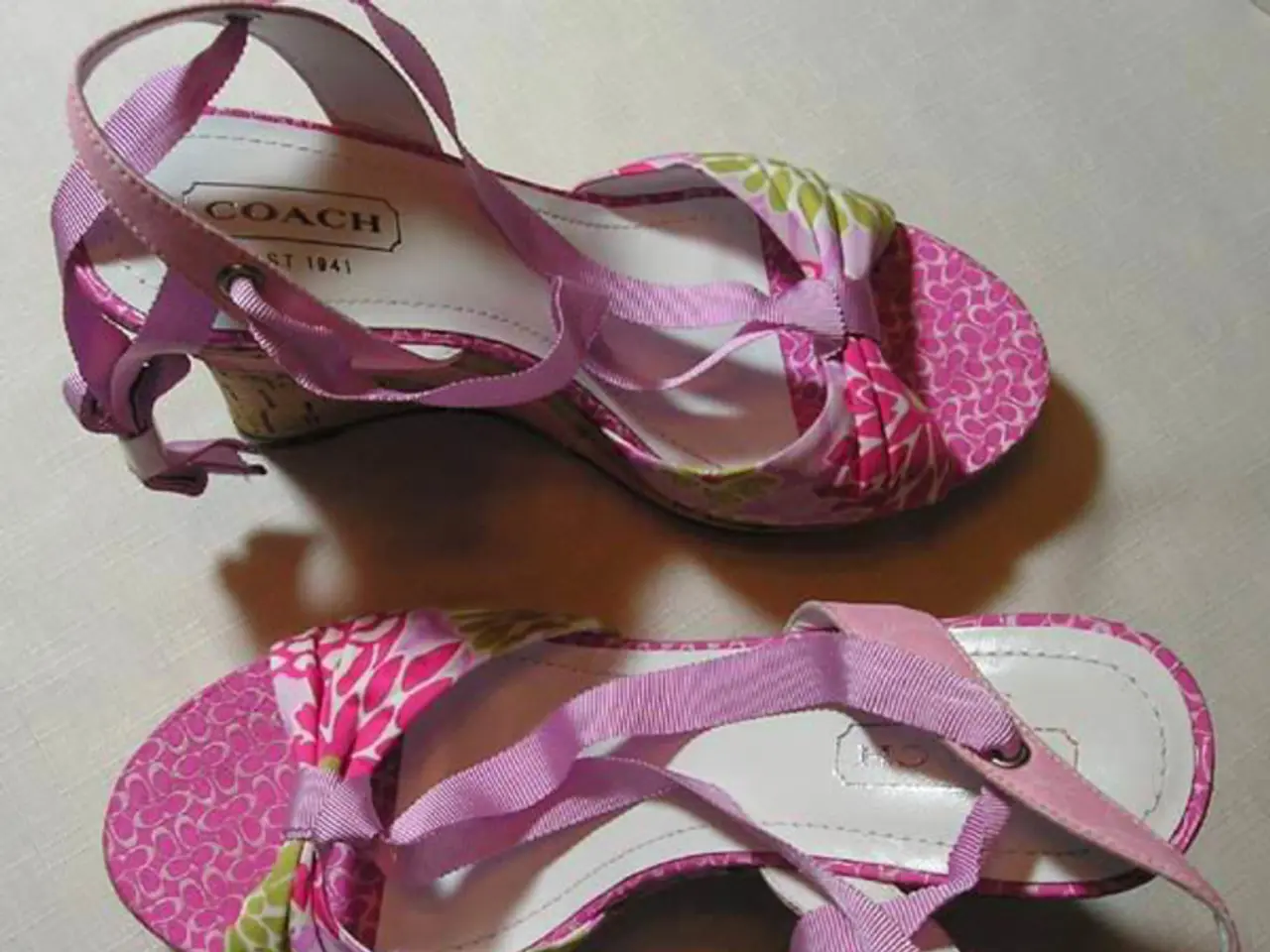Strengthening Business-to-Business Connections in Fashion Sector via Online Retail Platforms
In the ever-evolving world of fashion, B2B eCommerce platforms are revolutionising the traditional wholesale model. These digital marketplaces are not just facilitating transactions, but are also fostering stronger, more dynamic partnerships between fashion brands and their wholesale clients.
One of the key benefits of these platforms is expanded market reach and brand visibility. By providing access to a vast network of buyers globally, B2B eCommerce platforms allow fashion brands to increase their brand identity and open new wholesale markets beyond geographical limits.
Streamlined wholesale processes are another advantage. These platforms offer tools to manage orders, inventory, invoicing, and payments efficiently, simplifying procurement and sales workflows, reducing administrative burdens, and minimising ordering errors.
Improved buyer-seller communication and relationship management is another significant benefit. B2B eCommerce platforms enhance interaction through digital interfaces like virtual showrooms and real-time data analytics, fostering stronger, repeat wholesale relationships.
Cost and time savings are another key advantage. By centralising suppliers and buyers on one platform, these marketplaces reduce marketing costs and speed up contract negotiations and order fulfilment, benefiting especially small and medium fashion businesses.
Greater transactional security and compliance is also a major advantage. Many platforms provide secure payment processes and automated contract compliance monitoring, ensuring reliable wholesale transactions.
Moreover, B2B eCommerce platforms support sustainability initiatives. Some platforms in fashion are integrating features that promote sustainable practices, such as reducing waste through better inventory visibility and supporting eco-friendly product lines.
B2B eCommerce platforms also facilitate cultural adaptation and localization of products and marketing strategies, enhancing relevance and appeal to a diverse client base. They enable fashion brands to easily reach a global audience, breaking down geographical barriers and expanding market access.
These platforms also provide features for collecting and analyzing feedback from wholesale clients, providing insights for continuous improvement. They can help fashion brands understand their wholesale clients' needs and preferences, leading to tailored offerings that meet market demands and strengthen client relationships.
B2B eCommerce platforms offer a digital space to showcase collections, manage orders, and interact with buyers globally. They enable personalized experiences for wholesale clients, such as customized product recommendations, tailored pricing, and exclusive access to special collections.
In summary, B2B eCommerce platforms are transforming the fashion industry by offering a host of benefits that foster more efficient, scalable, and transparent wholesale operations. They make transactions easier, faster, and more reliable while widening runway access to new retail partners and markets. By embracing these platforms, fashion brands can strengthen their wholesale relationships and thrive in the digital age.
- In the realm of business, technology has played a significant role in revolutionizing the traditional real-estate model, just as B2B eCommerce platforms have in the fashion industry.
- The finance sector, much like the fashion industry, is benefiting from the efficiency brought by B2B eCommerce platforms, as these digital marketplaces streamline order management, inventory control, invoicing, and payments in investing and business ventures.
- As real-estate businesses expand internationally, the benefits of these platforms extend beyond fashion, providing a vast network of potential clients, fostering stronger relationships, and aiding in the localization and cultural adaptation of properties and marketing strategies for a global audience.




